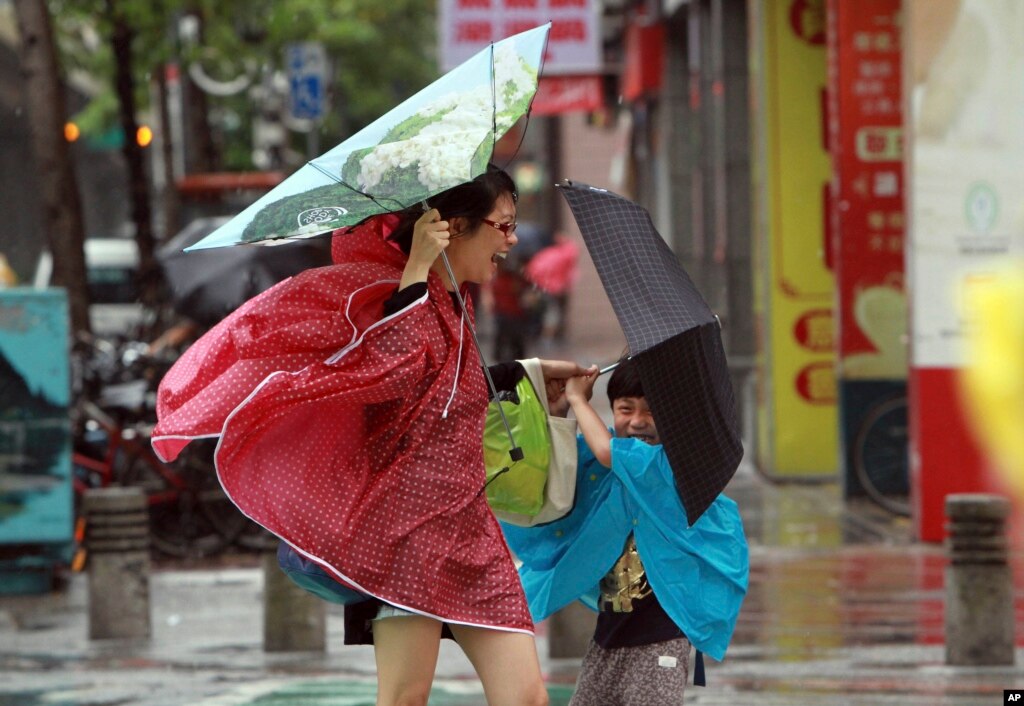Typhoons thrash Japan from typically the end of June to the beginning of October. There are typically between 15-20 typhoons a year in a season and unlike the rest of the world that names the typhoons anthropomorphically, Japan just numbers them. So now we'd have Typhoon 12, and the next one will be typhoon 13. Kind of boring, easy to forget, and I think that's due to the frequency and relative lack of danger/damage caused.

Teachers in Japan have to often confront these forces due to the nature of the work ethic in Japan. What I am talking about is during a dangerous typhoon or any inclement weather that could likely injure children, school is cancelled and children are asked not to come due to the risk of bodily injury. However, teachers are not exempt from work. They must come to work regardless of weather conditions as a public teacher. Often during some of the biggest storms of the year as a teacher you must brazenly venture to work, often at the risk of personal injury. Only if public transportation is unavailable can you possible get off due to inclement weather.
If the trains, buses, taxis, etc. are in service you are required to be at work. If they are not in service you still have to visit the stations and get a certificate from them to excuse you from your work duties. It's an insanely bureaucratic system but it's Japan. Often times when I cycle to work, I have to do so in typhoon conditions, snow, ice, sleet, and have grown accustomed to it, however, it's still a risk and many of my colleagues and cohorts just take a day off from work during these times rather than taking the risk of injury or death. Typhoons are teacher's worst nightmares when commuting to work! Ping Google



No comments:
Post a Comment